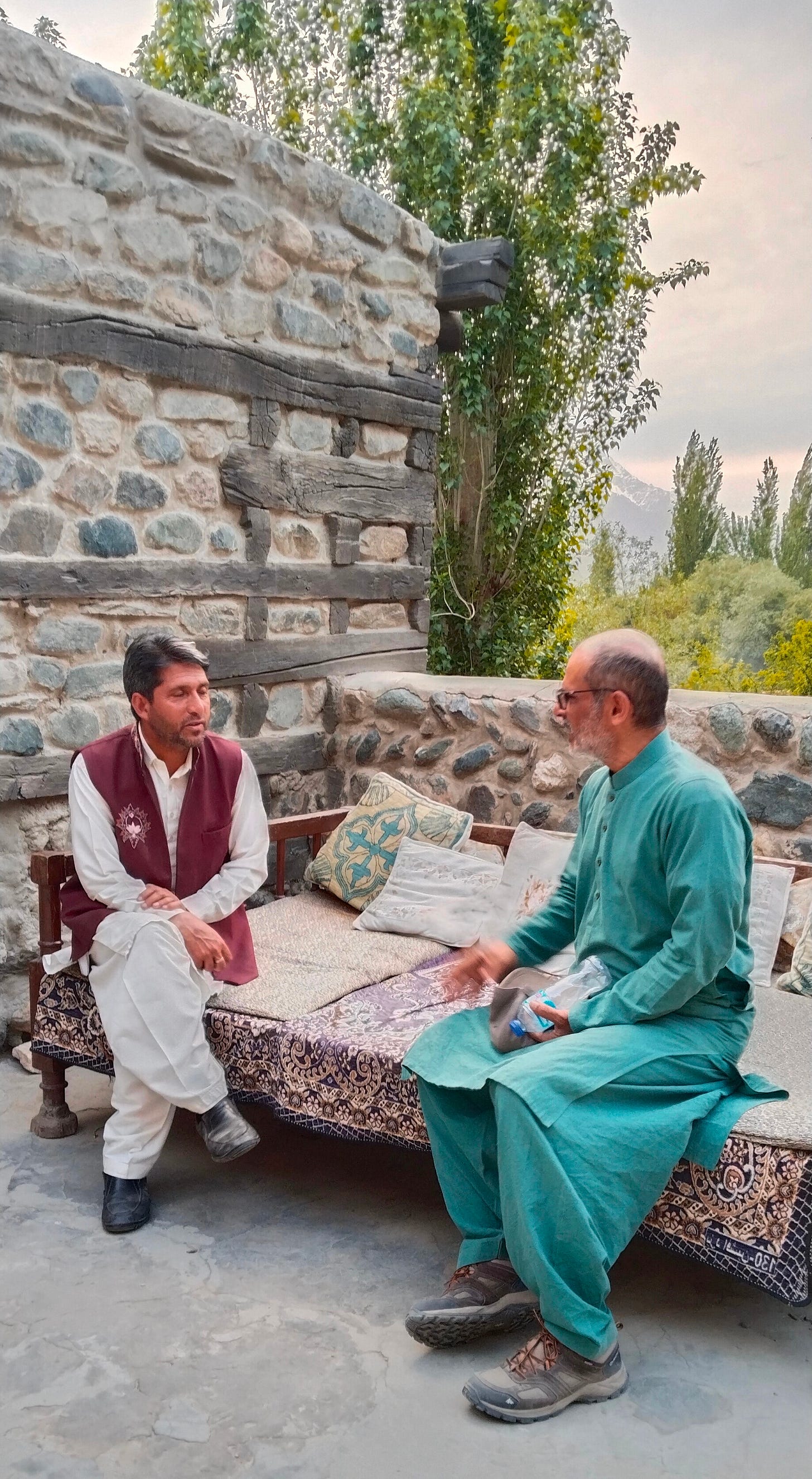Here is Eduardo Galeano on the oneness of the human and the natural.
“Human rights and nature rights are two names of the same dignity”
- Eduardo GaleanoWhen not as one, dualism festers.
A number of thinkers, esp. native Americans, call out this upsurge of dualism - if not the creation - as an “enlightened” disease of the mind, born out of the paradoxical nexus of the church and secular thought (René Descartes and Francis Bacon being the heavyweights).
Peruvian scholar Aníbal Quijano’s understanding of Coloniality centers race, and in this context racism and dualism are symbiotic.
So much for the disease.
the disease has its own language it is not deterred by fears of morbidity as it is morbidity itself it lives by dying and knows only how to extend it- self indefinitely into an abyss of a future & yet this nightmare is infinitely less than the sum of dreams playing with light & shadow creating tomorrows -Tao continues to flow despite the heavy battering by all the isms.
Today, the Oppressed are the repositories of the Way.
“Common sense is searching for a language to speak about the shadow which the future throws”
- Ivan IllichPalestinians, Zapatistas, Ambedkarites, Kurds and Baloch are some creators of these new languages.
The global priestly caste, self-appointed custodians of knowledge, bears the white man’s burden to quash all such acts of emancipatory imagination.
It’s an old trope, this burden. Earlier it was the caste-ist Savarna burden.
Appropriation of the Ways of the Oppressed is a tried-and-tested technique of how this burden is unloaded - attempting to discredit its life sustaining ways - each time the Way gathers momentum.
All the while the Oppressed continues to reassert the Subsistent, the global middle-class - forever in thrall of the global Savarnas - is anxious. Deeply anxious. (James Baldwin has articulated this damaging of the oppressor brilliantly in the context of race.)
A few weeks ago, historian Ilan Pappé talks of this moral anxiety as moral panic: lacking the courage to speak while witnessing genocide. Audre Lorde of course has earlier spoken of such silence more poetically.
One insight is this:
There are (at least) two levels of moral anxiety and correspondingly two levels of appeasing this moral anxiety. At the crude level, mass media and cult figures, secular as well as sacred - fulfill this appeasement role.
At the sophisticated level, progressive appropriators, ostensibly speaking on behalf of the Oppressed, take over authentic voices with the sanction of authority that popularity brings. This is a more refined form of appeasing the moral anxiety of the ‘progressive’ middle-class. Norman Finkelstein and Arundhati Roy are just two contemporary cases (the net stretches wide and far).
At this level, the appropriation is deceptively nuanced. Only the most appropriated can call this out most appropriately.
Coming back to where this thought process started, a couple of weeks back in the Hunza and Shigar valleys of Pakistan, where one could go on and on listening to the soft-speak of the mountain folk.
In 2009, we had visited Shigar which had an interesting anecdote. We stayed at the same place, and Mun remembered the name of the guide: Shabbir. We asked around and then reconnected after all these years.
١. what is made of tinyness is now a story full of hours & daylight what is kind to the fledgelets is now a beginning full of bread & noontime the sun is retiring while nighttime breathes a few mountains into song the free noughtnesses speak - ٢. the tenderlings of meaning are sufficient the case of being true is vague insufficiencies surmount the flow of the river into the rock of being-stuck-in-an-arbitrary-metaphor that is why the road to tenderlings is evaporated in so many retellings of the little dictionary




